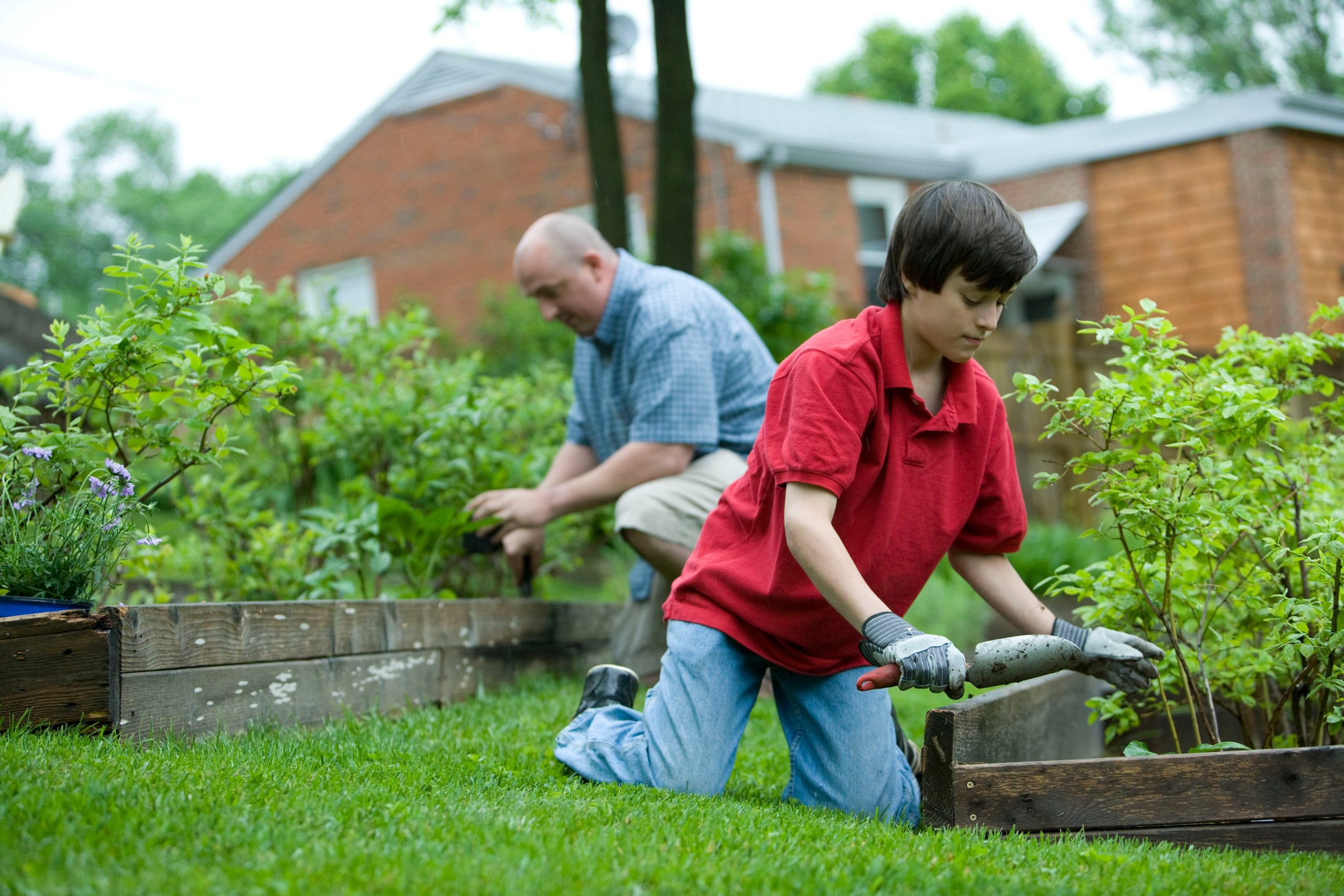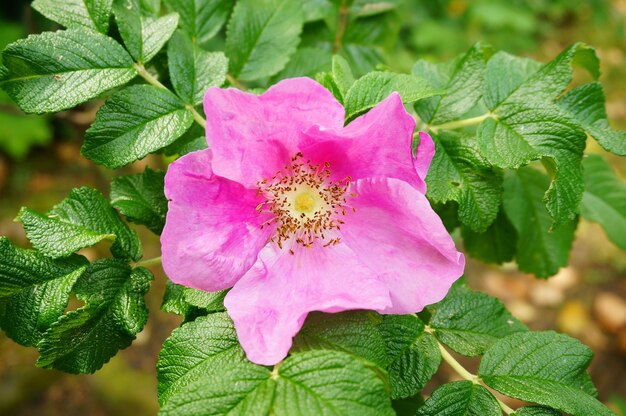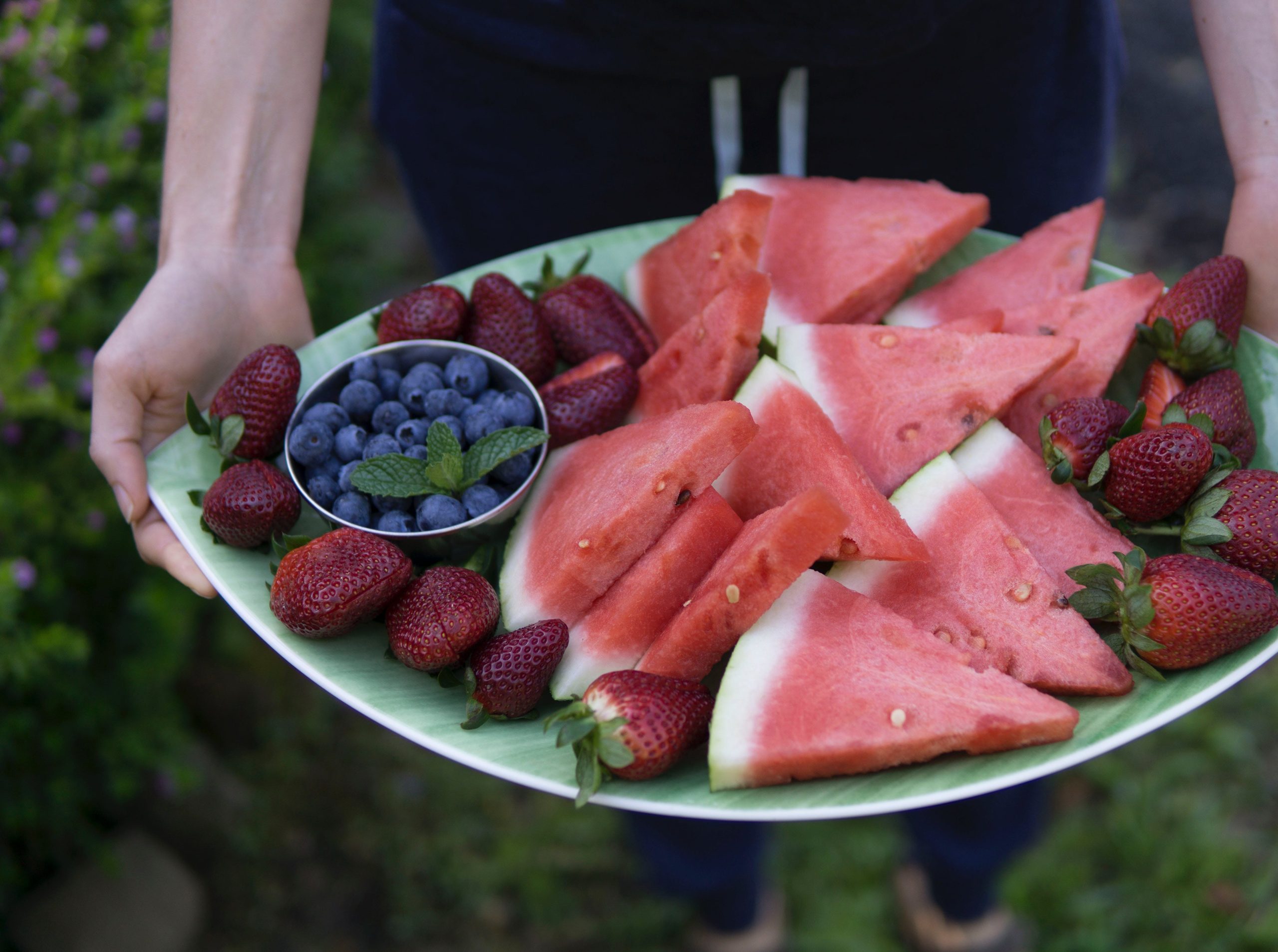Opening:
Gardening can be a rewarding and enjoyable hobby, but for beginners, it can also be overwhelming. With so many plants to choose from, types of soil to consider, and various gardening tools available, it’s easy to feel lost. That’s why we’ve put together this beginner’s guide to gardening, which will provide you with the essential information to get started on your own garden.
Body:
- Benefits of gardening
Gardening offers numerous benefits, including physical exercise, stress relief, and improved mental health. Studies have shown that gardening can also help reduce the risk of chronic diseases such as heart disease, diabetes, and obesity. Additionally, gardening can improve the quality of the air and soil around us, making our environment healthier.
- Choosing the right plants
Before you begin planting, it’s important to choose the right plants for your garden. Consider the amount of sunlight your garden receives, the type of soil you have, and your climate zone. Some plants require more sunlight than others, while some prefer certain types of soil. Your local gardening center or nursery can provide you with helpful information on the plants that are best suited for your area.
- Soil preparation
The quality of your soil is essential to the success of your garden. Soil that is too sandy or too clay-like can prevent plants from thriving. To improve the quality of your soil, consider adding organic matter, such as compost, to increase its fertility. Make sure to also test your soil’s pH levels, as this can affect the growth of your plants.
- Planting techniques
When planting your seeds or seedlings, it’s important to follow proper planting techniques. Be sure to read the instructions on the seed packets or plant tags, and plant each seed or seedling at the recommended depth. Make sure to also space your plants out correctly to prevent overcrowding, which can stunt their growth.
- Watering and fertilizing
Proper watering and fertilizing are crucial to the health of your plants. Make sure to water your plants regularly, but avoid overwatering, as this can lead to root rot. Fertilize your plants with a balanced fertilizer every few weeks to provide them with the necessary nutrients for growth.
- Pest control
Pests can be a major problem for gardeners, but there are natural ways to control them without resorting to harmful chemicals. Consider planting companion plants, such as marigolds or lavender, that can repel pests. You can also use natural pest repellents, such as neem oil or garlic spray.
Closing:
Gardening is a fulfilling hobby that can provide you with fresh produce, beautiful flowers, and a sense of accomplishment. By following these beginner’s tips, you’ll be well on your way to starting your own successful garden. Remember, gardening is a learning experience, so don’t be afraid to make mistakes and learn from them. With patience and perseverance, you’ll soon be enjoying the fruits of your labor.










